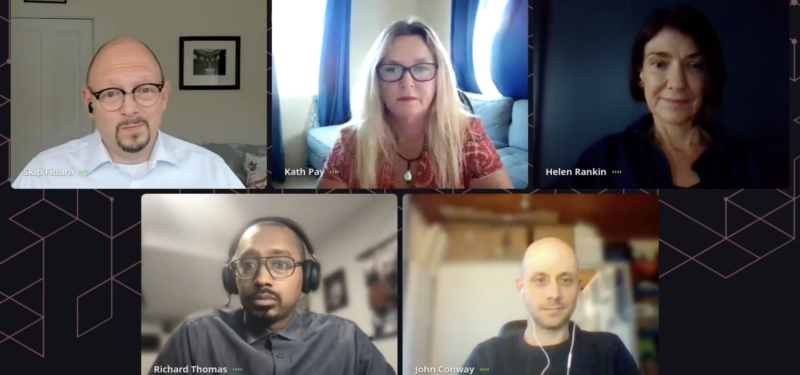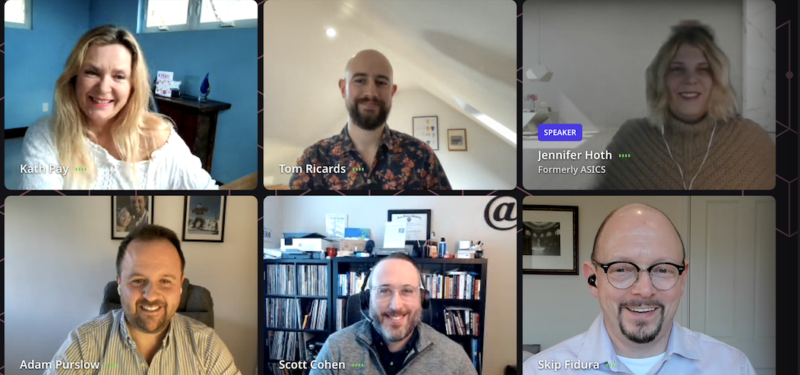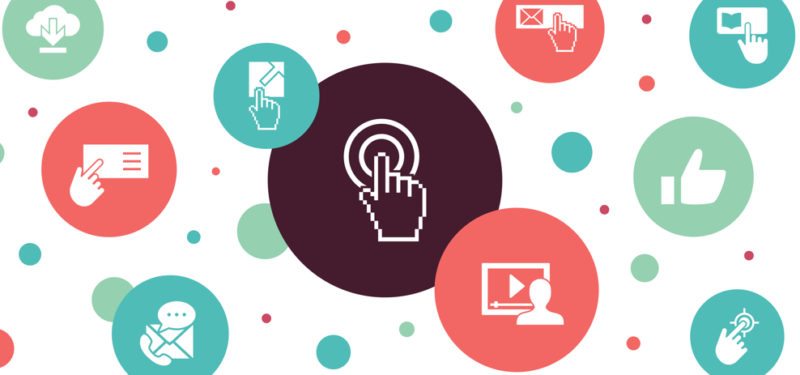
ChatGPT beyond the hype: How to use AI models for better email marketing
Fun with ChatGPT: How to use AI models for better email marketing As with any tool, how you use it determines what you get from it The hype cycle for ChatGPT has swung into hyperdrive. We’ve gone from “What is ChatGPT?” to “ChatGPT will save marketing” to “ChatGPT will kill copywriter jobs” in less than… keep reading →




